Oliver Weiken, Germany
Afghanistan: In the holes of Chinarak
They have no helmets, gloves, or safety glasses when crawling a hundred meters or more into the mountains of Chinarak. There are also no measuring devices for toxic gases. The supporting beams in the tunnels are makeshift, the air is heavy, the ground treacherous. And some of the boys who mine coal in the mountains north of Kabul for the equivalent of a few euros a day are only ten years old. There has always been child labor in Afghanistan.
However, since the victory of the Taliban and the resulting decline in international aid, and because of failed harvests and droughts, more and more families have been forced to make even their underage sons work for a living. That’s why there are so many children among the adults here, shoveling coal into sacks, heaving it onto the backs of donkeys and driving them along narrow paths through a deforested landscape, down into the valley.
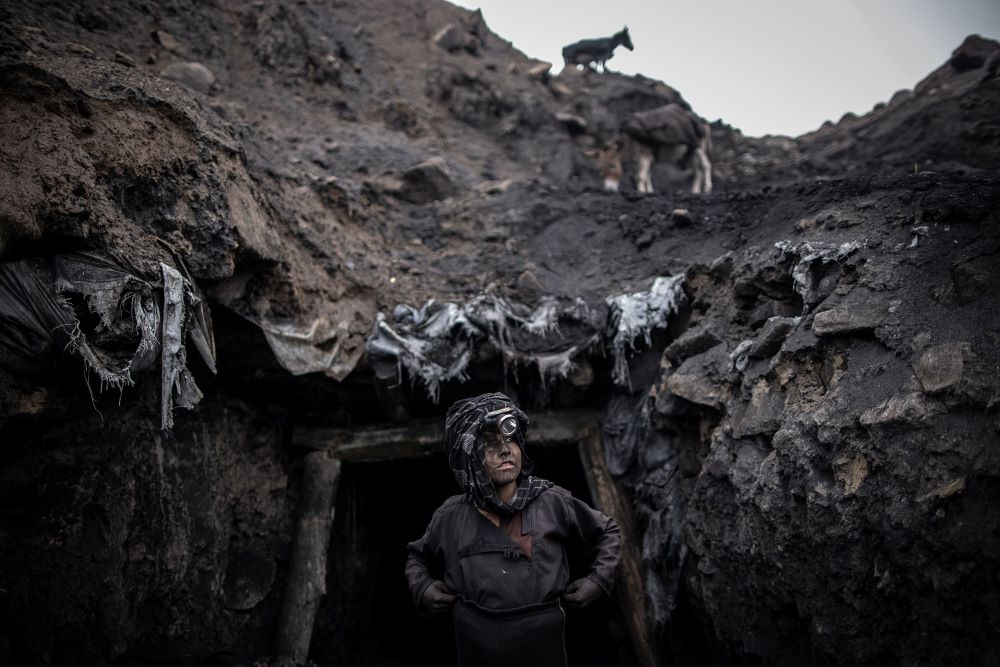 Bild 1 von 11 © Oliver Weiken, Germany (dpa German Press Agency)
Bild 1 von 11 © Oliver Weiken, Germany (dpa German Press Agency)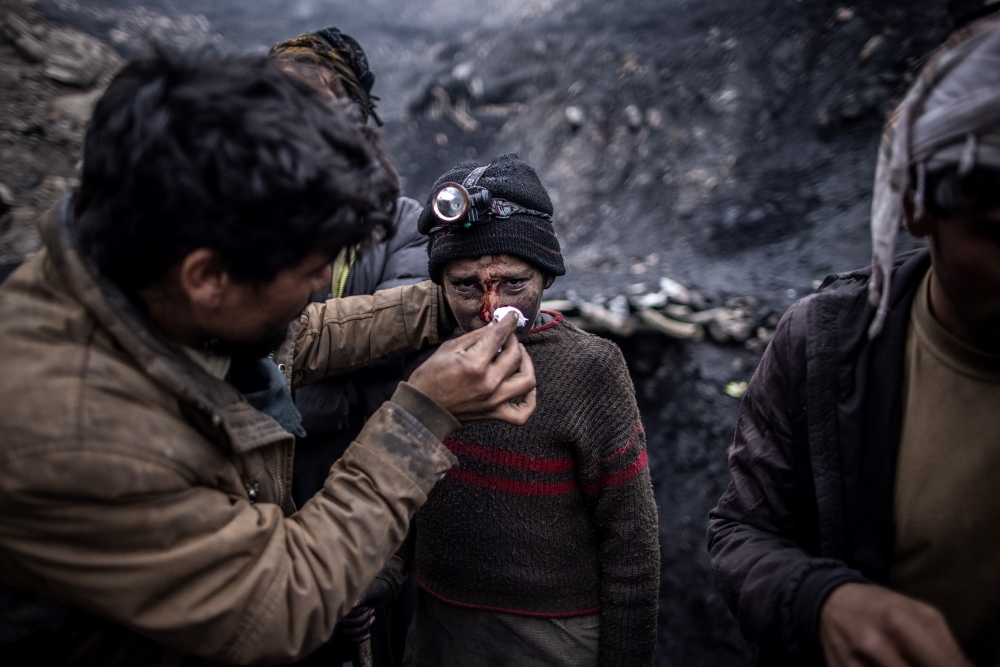 Bild 2 von 11 © Oliver Weiken, Germany (dpa German Press Agency)
Bild 2 von 11 © Oliver Weiken, Germany (dpa German Press Agency)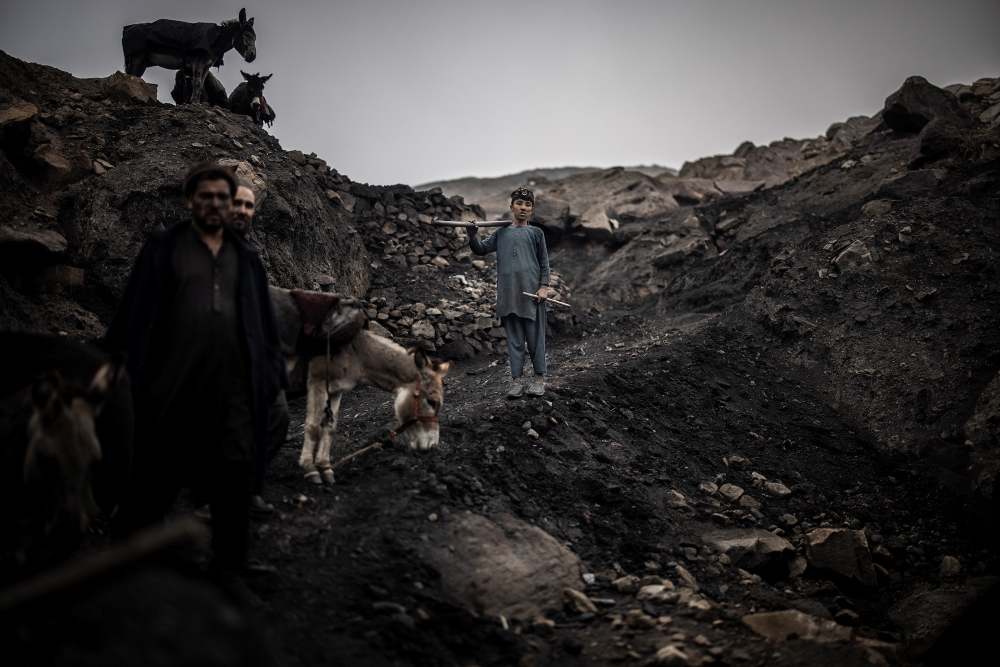 Bild 3 von 11 © Oliver Weiken, Germany (dpa German Press Agency)
Bild 3 von 11 © Oliver Weiken, Germany (dpa German Press Agency)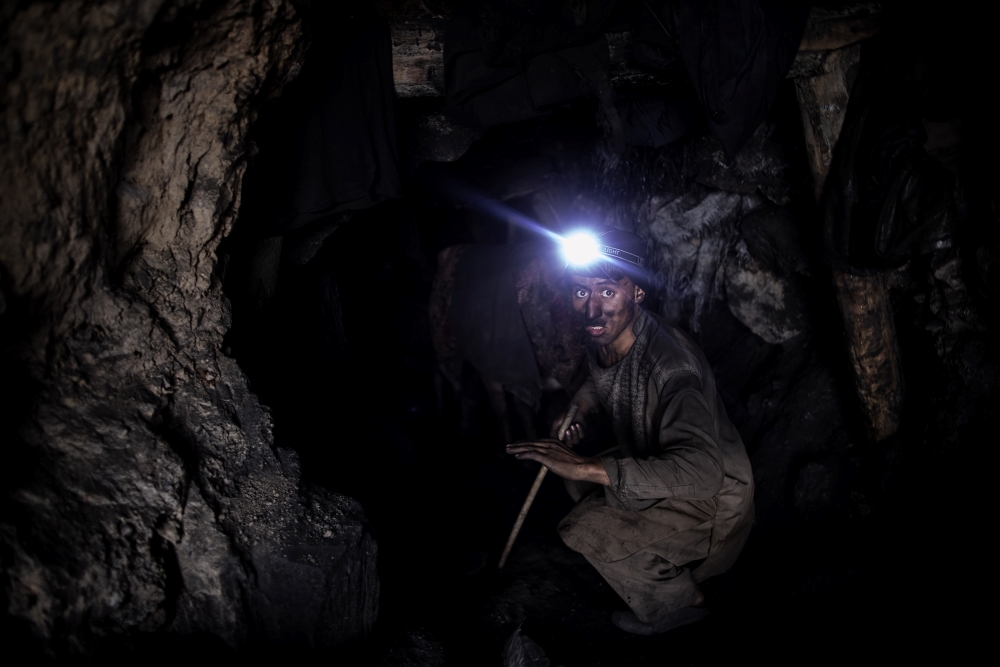 Bild 4 von 11 © Oliver Weiken, Germany (dpa German Press Agency)
Bild 4 von 11 © Oliver Weiken, Germany (dpa German Press Agency)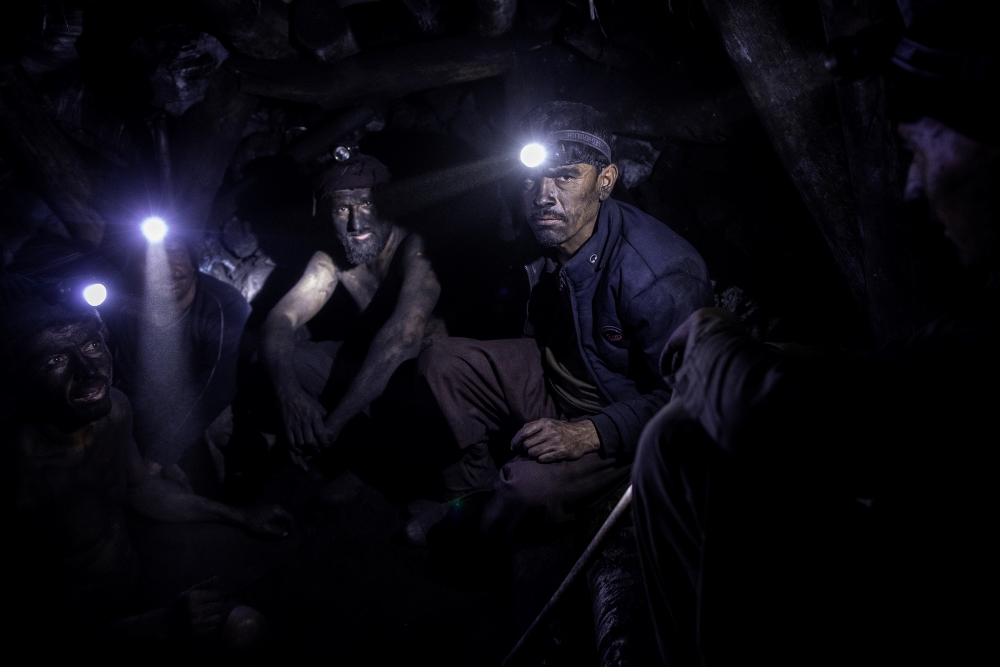 Bild 5 von 11 © Oliver Weiken, Germany (dpa German Press Agency)
Bild 5 von 11 © Oliver Weiken, Germany (dpa German Press Agency)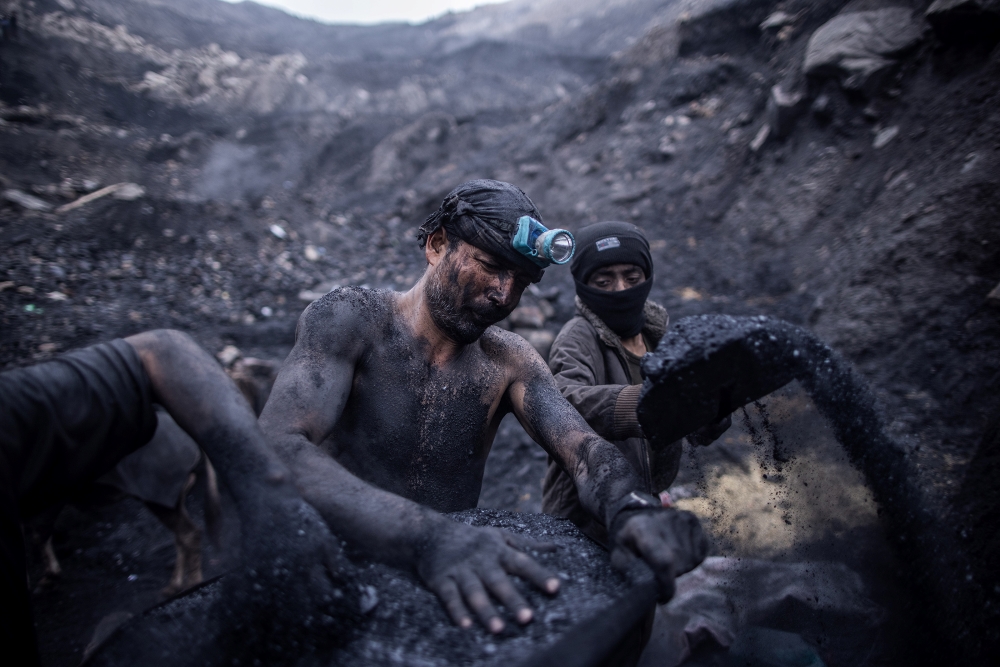 Bild 6 von 11 © Oliver Weiken, Germany (dpa German Press Agency)
Bild 6 von 11 © Oliver Weiken, Germany (dpa German Press Agency)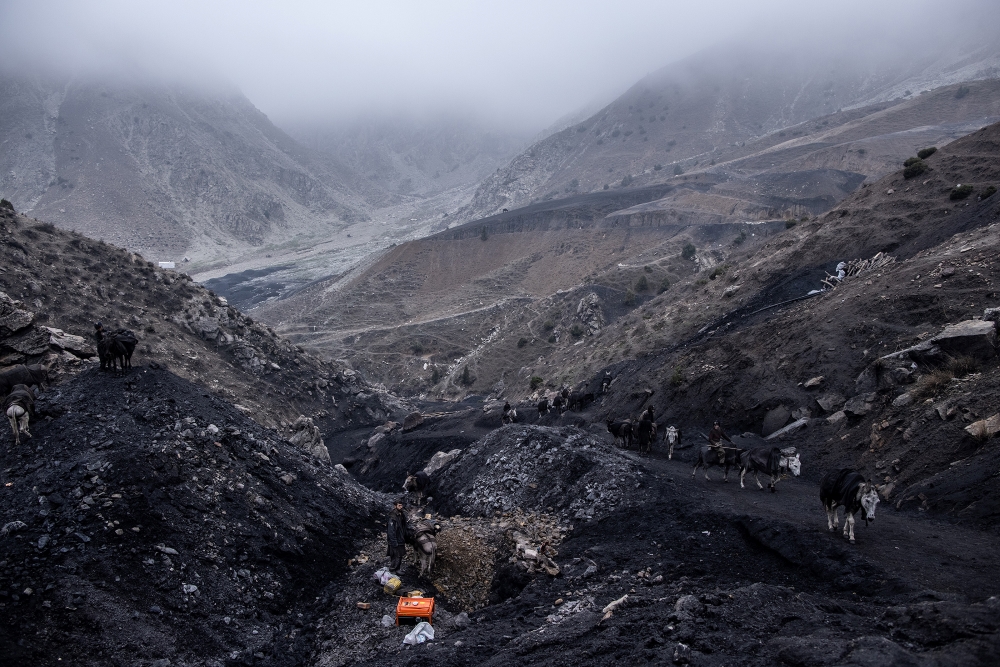 Bild 7 von 11 © Oliver Weiken, Germany (dpa German Press Agency)
Bild 7 von 11 © Oliver Weiken, Germany (dpa German Press Agency)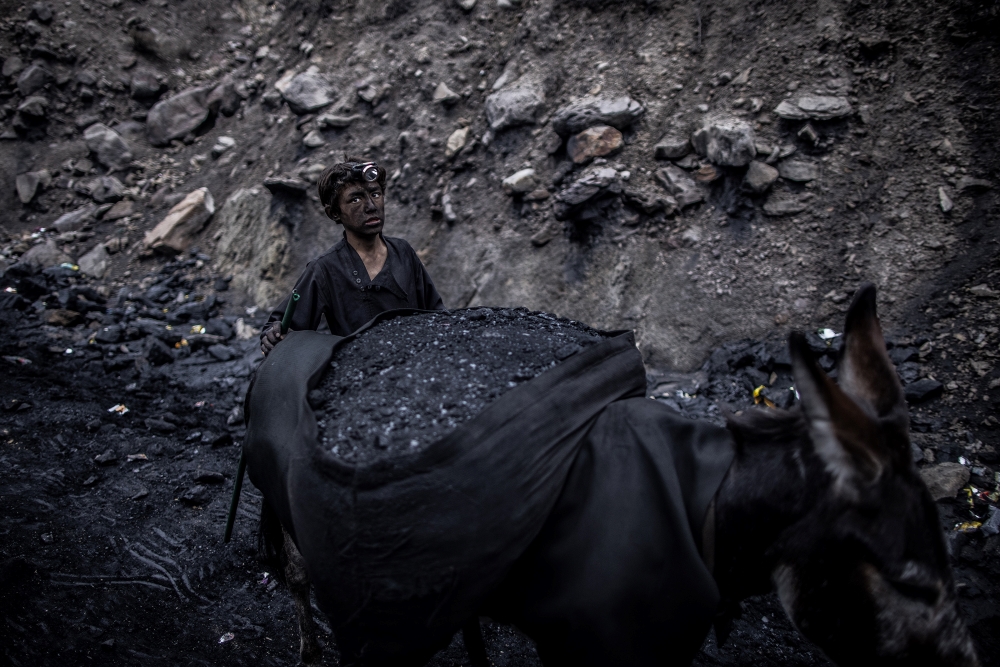 Bild 8 von 11 © Oliver Weiken, Germany (dpa German Press Agency)
Bild 8 von 11 © Oliver Weiken, Germany (dpa German Press Agency)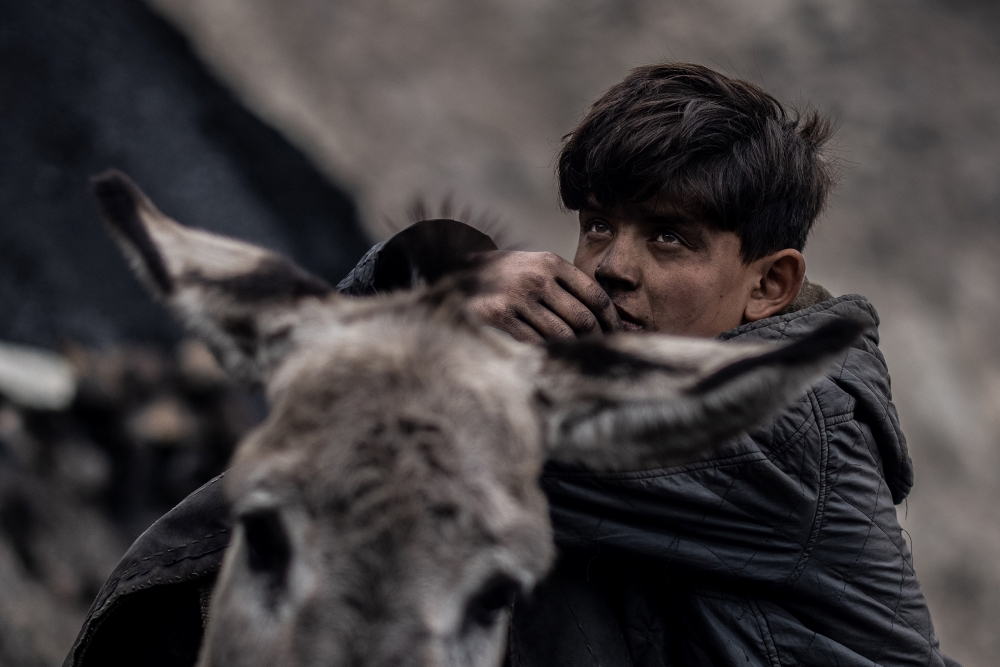 Bild 9 von 11 © Oliver Weiken, Germany (dpa German Press Agency)
Bild 9 von 11 © Oliver Weiken, Germany (dpa German Press Agency)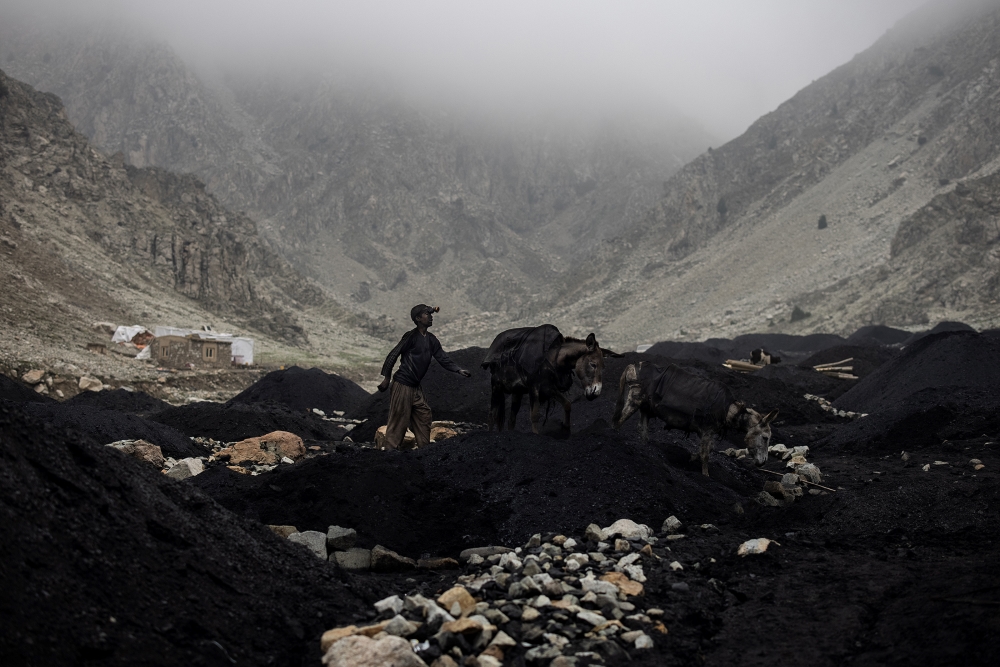 Bild 10 von 11 © Oliver Weiken, Germany (dpa German Press Agency)
Bild 10 von 11 © Oliver Weiken, Germany (dpa German Press Agency)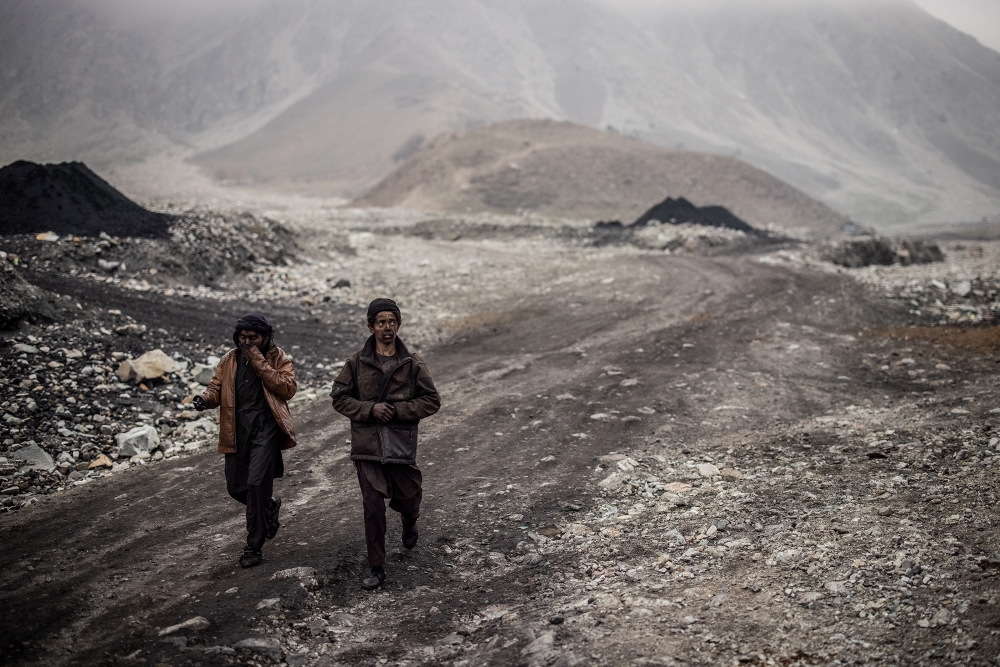 Bild 11 von 11 © Oliver Weiken, Germany (dpa German Press Agency)
Bild 11 von 11 © Oliver Weiken, Germany (dpa German Press Agency)
As the German photographer Oliver Weiken shows in his pictures, it is tiring work that leaves little energy, even to go to school. Around 20 percent of all boys and girls in Afghanistan work as street vendors, water carriers, shoe shiners, garbage collectors, helpers at markets or in mines such as those in Chinarak. In hardly any other country in the world are children’s rights, as defined by the United Nations, so far removed from being realized.
Photographer: Oliver Weiken, Germany (dpa German Press Agency)
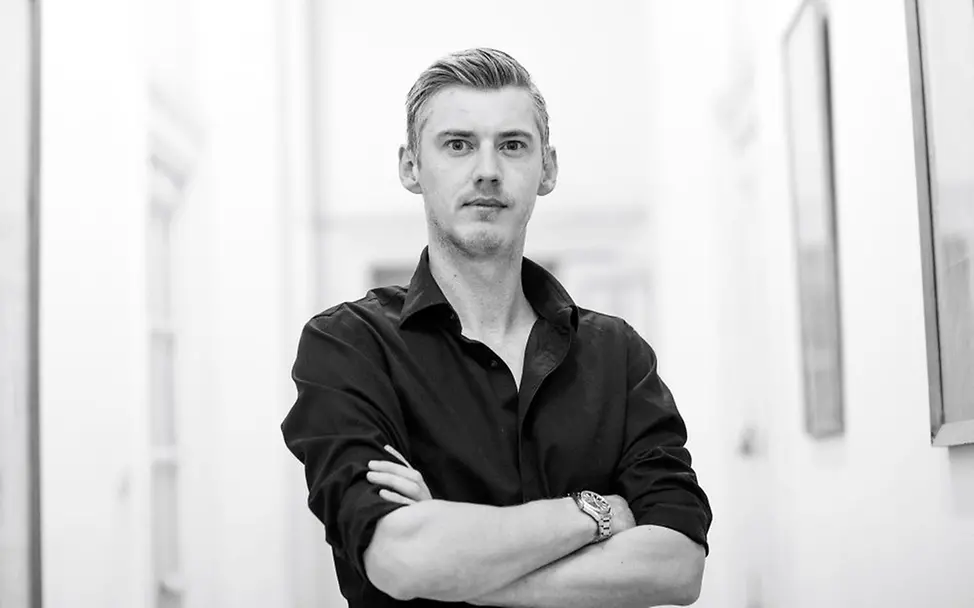
Oliver Weiken, born in 1983, began his career as a photographer while still a student, working for a local newspaper and a sports photography agency. In 2003, he joined the dpa before moving to the European Pressphoto Agency for which he worked for 11 years from bases in Europe, Asia, and the Middle East.
In 2017, he returned to dpa as Head of the International Picture Service and Chief Photographer for the Middle East. Weiken’s photo series have appeared in many leading newspapers in Europe and the USA.
- 1st Prize: Patryk JaraczPolish photographer Patryk Jaracz is documenting the war in Ukraine. The winning picture shows a moment of lightheartedness under the black clouds of war.
- 3rd Prize: Natalya SaprunovaThis reportage by Russian-born photographer Natalya Saprunova shows the children of the indigenous Evenk people. She documents the transformation of childhood in Yakutia/Siberia.
- Honorable MentionsIn addition to the winning photo series, the independent jury also awarded seven honorable mentions. The stories show children from many different countries all over the world.